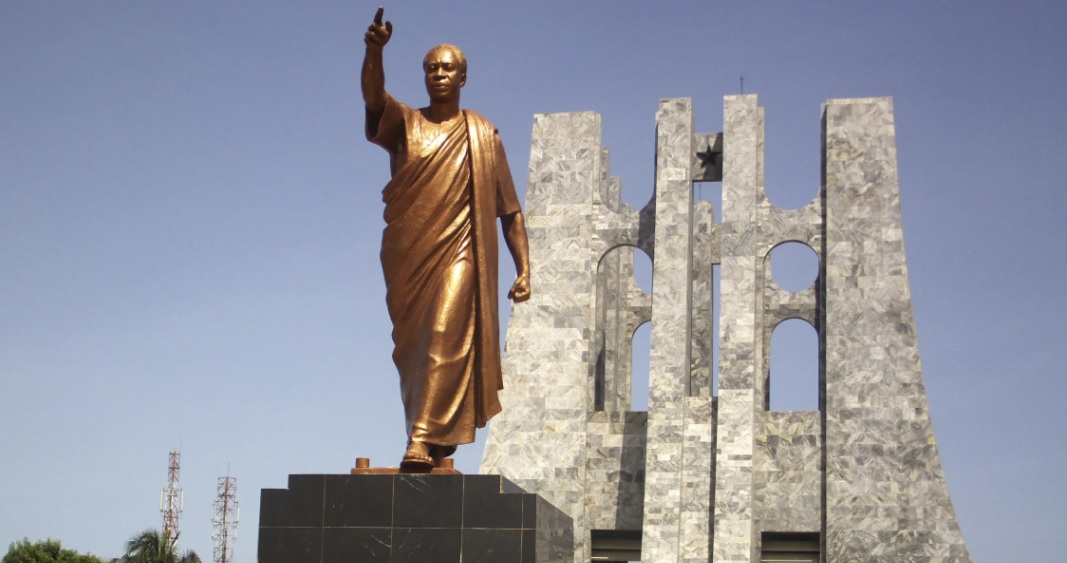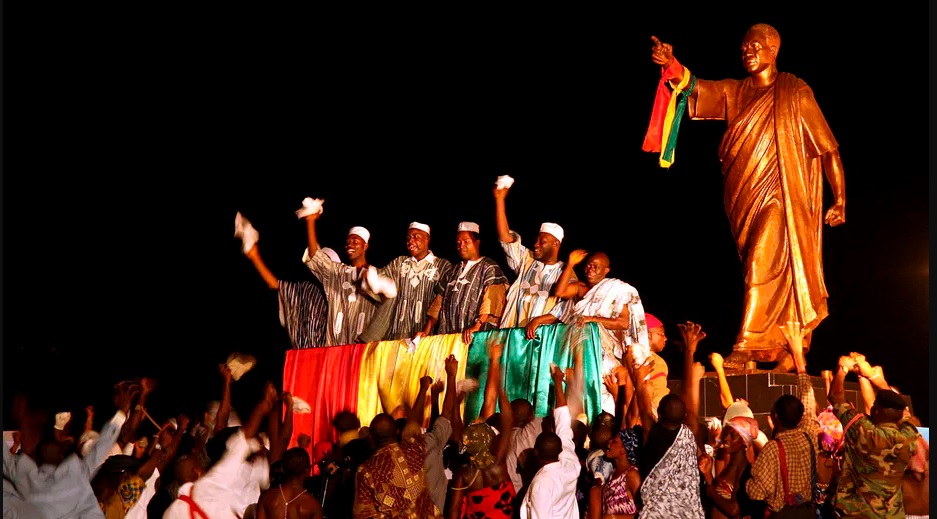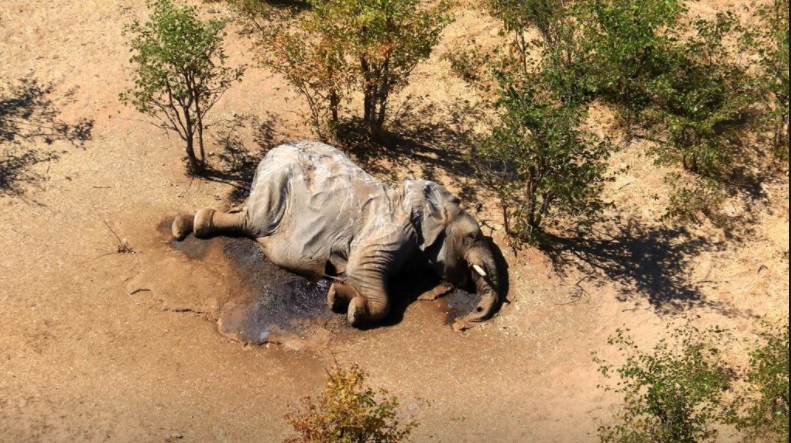
“Pan Africanism can be said to have its origins in the struggles of the African people against enslavement and colonisation” Dr Tajudeen Abdul-Raheem (Pan Africanism: Politics, Economy and Social Change in the Twenty-first Century) And this struggle may be traced back to the first resistance on slave ships – rebellions and suicides – through the constant plantation and colonial uprisings and the “Back to Africa” movements of the nineteenth century.
However, it was in the twentieth century that Pan Africanism emerged as a distinct political movement initially formed and led by people from the Diaspora (people of African heritage living outside of the Continent). In 1900, the Trinindadian barrister – Henry Sylvester Williams – called a conference that took place in Westminster Hall, London to “protest stealing of lands in the colonies, racial discrimination and deal with other issues of interest to Blacks”.
This conference drafted a letter to the Queen of England and other European rulers appealing to them to fight racism and grant independence to their colonies. It was the African American scholar and writer, Dr W.E.B. Du Bois who convened the first Pan African Congress in 1919, in Paris, France. Again it demanded independence for African nations. Further congresses – essentially extended meetings of like-minded Africans searching for a way forward – were held in 1921 (London, Brussels, Paris), 1923 (London and Lisbon), 1927 (New York).

Each reiterated and refined the demands for rights and freedom and built support for the cause. However, perhaps the most significant was the 5th Congress held in Manchester in 1945. For the first time, a large number of Africans from the Continent were present and the meeting provided impetus and momentum for the numerous post-war independence movements.
This Congress also reserved the right of the colonised, once peaceful methods had been exhausted, to use force to take forward their struggle for self-determination. Just over a decade later in 1958, Kwame Nkrumah, first leader of independent Ghana called a meeting in the capital city, Accra, of all the independent African states – Egypt, Sudan, Libya, Tunisia, Liberia, Morocco and Ethiopia – in order that they should recommit themselves to supporting independence for the rest of the Continent.
By 1963, there were 31 independent nations. Some were agitating for immediate Continental political union while others favoured slower steps towards unity.
Emerging from the exchanges between the two camps, the Organisation of African Unity (OAU) was formed in May, 1963. Throughout the twentieth century, cultural Pan Africanism weaved through the politcal narrative – the Harlem Renaissance, Francophone philosophies of Negritude, Afrocentrism, Rastafarianism and Hip Hop. Artists of African origin and heritage have found inspiration in and been drawn to exploring and communicating their connections with the Continent.
Post-independence, a new generation of African writers – such as Chinua Achebe, Wole Soyinka, Bessie Head gave voice to issues that could be recognised throughout the Continent (links to other pages from the key words here). The 6th Pan African Congress in Dar Es Salaam, Tanzania in 1974 took place fuelled by the radical Black movements sweeping the Diaspora espousing militant Black pride and fighting white domination with Black separatist organisation.
The Congress was attended by 52 delegations from Africa, the Caribbean, the Americas, Britain and the Pacific. Disappointed by the OAU’s lack of engagement with the Diaspora, this Congress restated the global unity of Black peoples struggling for liberation.
Inspired by the principles of self-reliance being instituted by the Tanzanian president Julius Nyerere, many hoped also to give concrete support to the new wave of independence movements in Angola, Mozambique, Guinea-Bissau, Zimbabwe and South Africa – but the Congress was unable to create clear structures to enable such action.
The 7th and last Congress in Kampala, Uganda in 1994 sort to rectify this by setting up a permanent organisational structure to carry forward decisions taken at the Congress meetings. Still, divisions and debates remained – was Pan Africanism a movement of the people or had it now been taken over by governments, were Black Africans of Sub-Saharan origin the only true Africans? Pan Africanism is no different from any other broad based and passionate political movement.
It contains diverse and sometimes opposing opinions about the best way to fulfill the common objective of the self-determination of Africa and African peoples around the world. The 7th Congress aimed to reconcile differences and create a wide and open coalition of all citizens of African countries and Diasporic people of African heritage who wished to commit themselves to the liberation of the Continent and the Diaspora.
There have been no further congresses but Pan Africanism remains a vital force in Continental and Diasporic culture and politics.
SOURCE: PADEA








